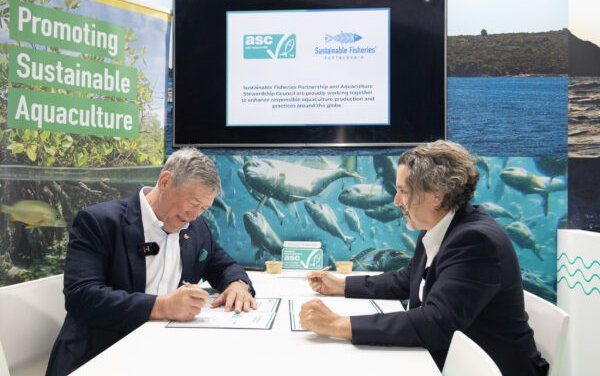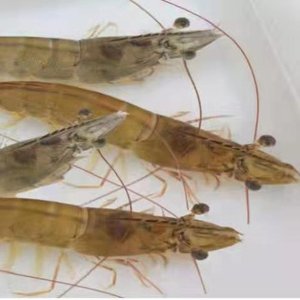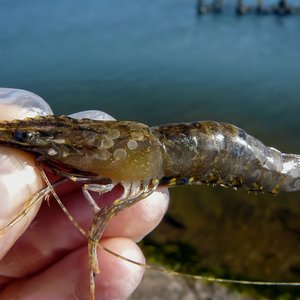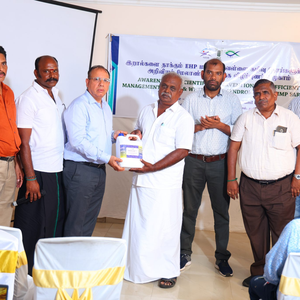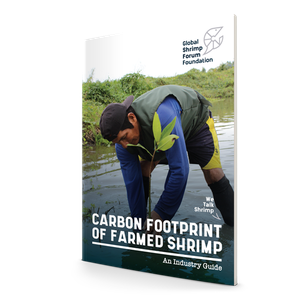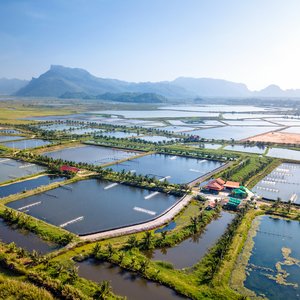The Aquaculture Stewardship Council (ASC) and Sustainable Fisheries Partnership (SFP) signed a Memorandum of Understanding (MoU) at Seafood Expo Global, formalizing their common goal of increasing the sustainability of aquaculture production and practices around the globe.
The MoU builds on work by the ASC and SFP on data sharing and aligning information systems. The ASC and SFP are currently building a work plan for the next steps of the collaboration.
“We are excited to explore new ways of collaborating with SFP who we have a longstanding and successful history of partnership for many years. By working together on scaling our efforts in the aquaculture improvement space, enhancing the sustainability of the reduction fisheries sector based on ASC Feed Standard requirements and coordinating our market engagement efforts, we aim to leverage our shared work with farmers, feed suppliers and other stakeholders,” Chris Ninnes, ASC CEO, said.
“Our collaboration is a powerful opportunity to increase sustainable aquaculture production,” said SFP founder and CEO, Jim Cannon. “With the ASC, we can innovate and enhance the scope of aquaculture improvement projects so that more producers can improve practices, more government regulators can strengthen governance, and more buyers can find meaningful ways to engage and support improvements.”
ASC promotes responsible seafood farming by setting the standard for seafood farmed with care and operating a third-party certification model at farm level. Producers are checked by auditors on-site on their compliance with the ASC standard and can use the ASC label if they pass the audit. SFP maintains FishSource with aquaculture management status assessments to monitor and improve the sustainability of farmed seafood production at the landscape scale. These complementary approaches can deliver more impact in collaboration and combination.
A key project in the works is ASC’s Improver Programme to help producers who cannot currently achieve certification improve their farming practices and performance and reach a level that meets certification requirements. ASC and SFP plan to develop a process designating stepwise improvements across at least four impact area modules (water quality, disease management, feed and effluent). Together, the organizations will also look into developing a framework to monitor and track progress.
ASC and SFP also intend to work together on increasing sustainability and reducing the ecological footprint of aquafeed ingredients and production. In collaboration with a broader suite of partners, the ASC and SFP aim to deliver an improvement framework for South American fisheries based on ASC Feed Standard requirements and aligned to the goals of the Global Roundtable on Marine Ingredients.


